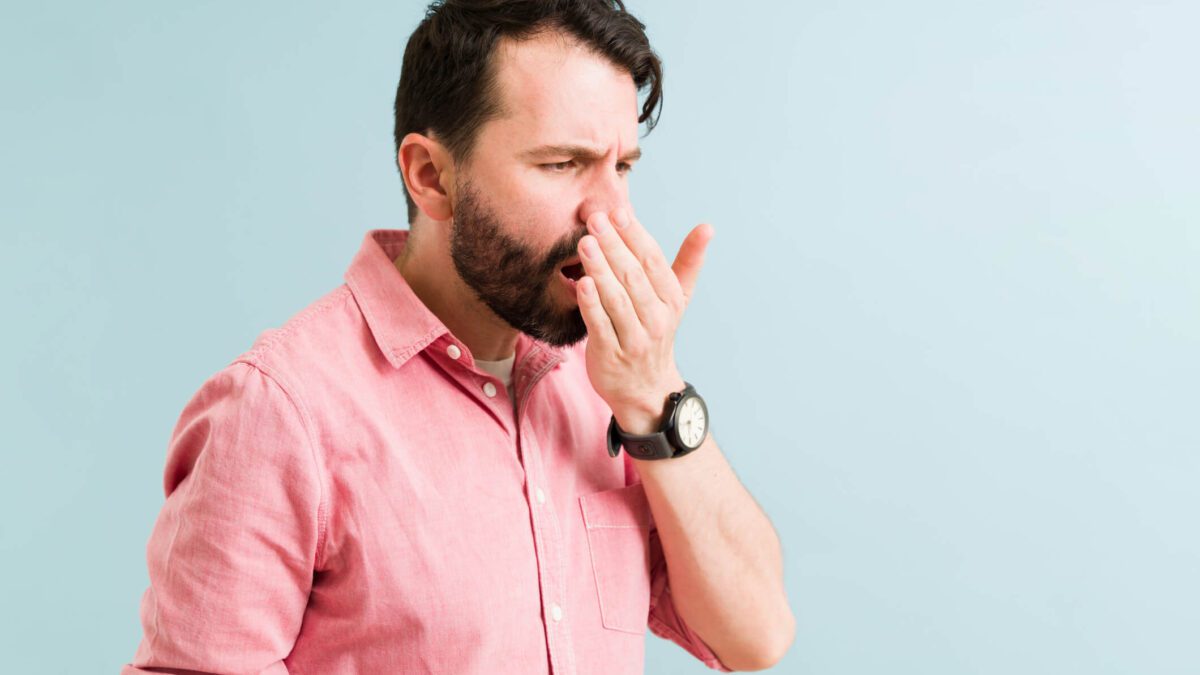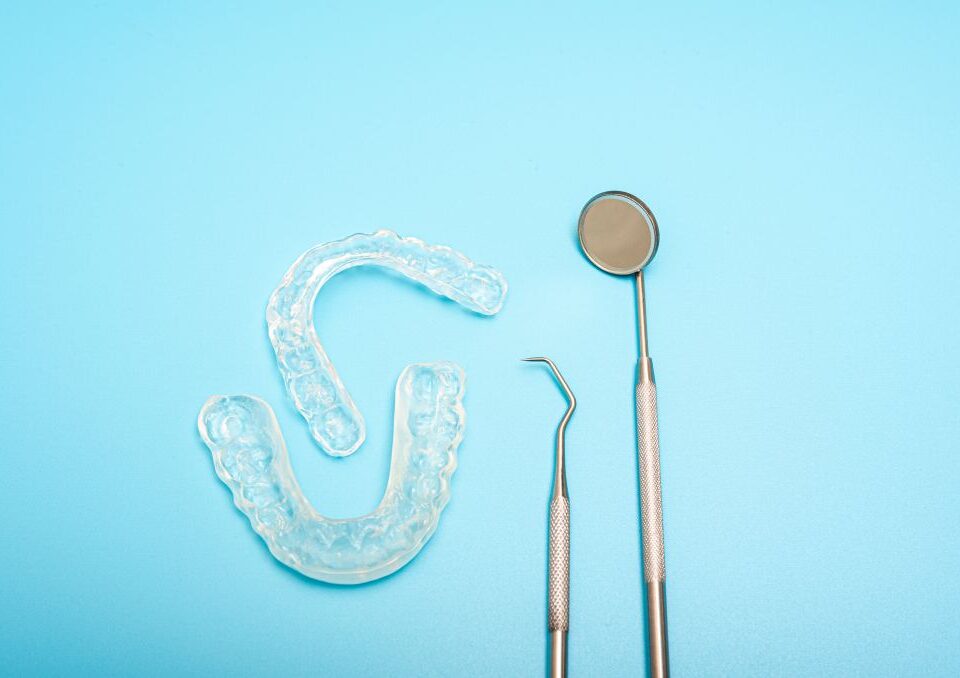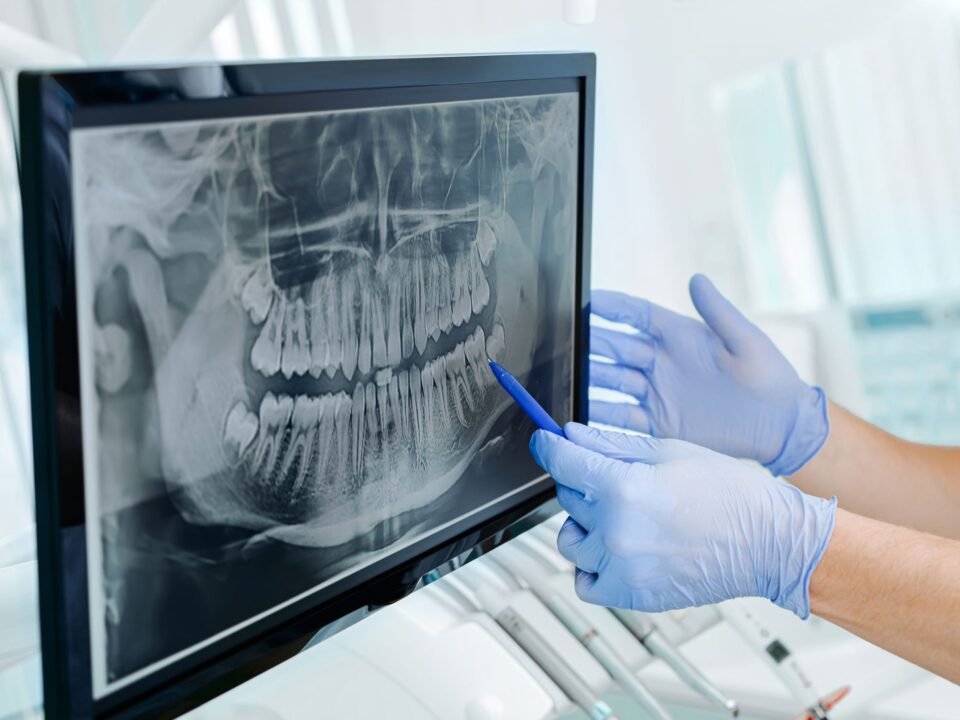Understanding and addressing bad breath
According to the American Dental Association, 50% of adults have had bad breath at least one point in their lives. Whether it’s known as halitosis or simply morning breath, dealing with unpleasant odors from the mouth can be annoying and even detrimental to one’s confidence. However, the good news is that bad breath is often preventable and treatable with the right knowledge and habits. Join us as we explore the causes, prevention strategies, and treatment options for bad breath.
Causes of Bad Breath
Bad breath can stem from various factors, both oral and systemic. Understanding these causes is crucial in effectively addressing the issue. Some common culprits include:
- Poor Oral Hygiene: Neglecting proper brushing, flossing, and tongue cleaning allows bacteria to accumulate in the mouth, leading to foul odors.
- Dietary Habits: Foods such as onions, garlic, and spices can contribute to bad breath due to their strong odors. Additionally, sugary foods can fuel bacterial growth, exacerbating the problem.
- Dry Mouth: Saliva plays a crucial role in rinsing away food particles and bacteria. A dry mouth, often caused by certain medications or conditions, can result in bad breath.
- Smoking and Tobacco Use: Tobacco products not only leave a lingering smell but also increase the risk of gum disease and other oral health issues that contribute to bad breath.
- Underlying Health Conditions: Chronic bad breath can be a symptom of medical conditions such as gum disease, respiratory infections, diabetes, or gastrointestinal disorders.
Prevention Strategies
Preventing bad breath starts with establishing good oral hygiene habits and adopting a healthy lifestyle. Here are some tips to keep your breath fresh:
- Brush and Floss Regularly: Brush your teeth at least twice a day and floss daily to remove plaque and food particles that can cause odor.
- Clean Your Tongue: Use a tongue scraper or your toothbrush to gently clean your tongue, where bacteria can accumulate.
- Mouthwash: Over-the-counter mouthwashes can help kill bacteria or neutralize the effects.
- Stay Hydrated: Drink plenty of water throughout the day to keep your mouth moist and help flush out bacteria.
- Watch Your Diet: Limit intake of odorous foods and sugary snacks, and opt for fresh fruits and vegetables instead.
- Quit Smoking: If you smoke or use tobacco products, quitting can significantly improve your breath and overall oral health.
- Visit Your Dentist Regularly: Schedule biannual dental check-ups for professional cleanings and to address any underlying dental issues promptly.
Treatment Options
If bad breath persists, it’s time to seek professional dental care. Treatment options may include:
- Professional Cleaning: Plaque and tartar buildup that may be contributing to bad breath can be removed.
- Treatment of Gum Disease: If gum disease is present, treatment such as scaling and root planing may be necessary to restore oral health.
- Addressing Underlying Health Issues: Your dentist may refer you to a physician if underlying medical conditions are suspected to be causing bad breath.
- Prescription Mouthwash: In some cases, your dentist may recommend prescription mouthwash or other antimicrobial products to combat bacteria.
Conclusion
Bad breath is a common problem with multiple potential causes, but it’s not something you have to live with. If you’re struggling with bad breath, reach out to one of our dental offices in Fayetteville, Eastover, Hope Mills, St. Pauls, Raeford, or Laurinburg for personalized care and guidance. Your journey to fresher breath starts here!




